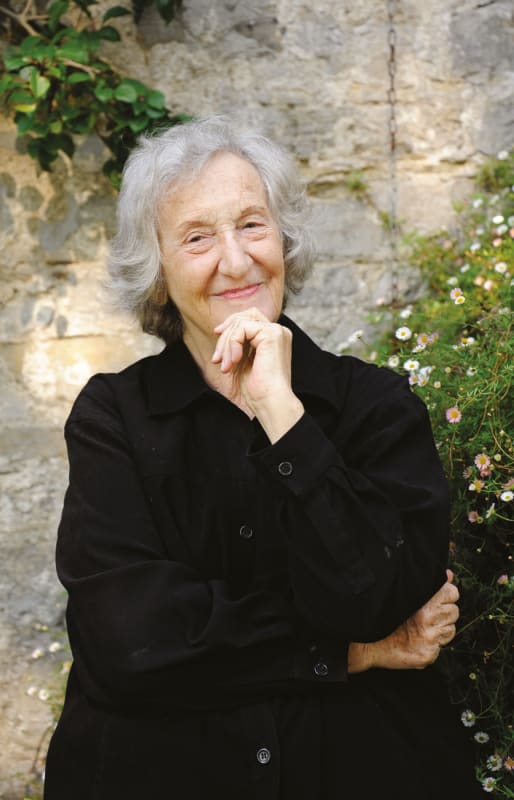Thea Musgrave born in Edinburgh, Scotland in 1928, composer of over a dozen operas, began her studies in Edinburgh and in 1950 went to Paris to study with Nadia Boulanger. While still at the Paris Conservatoire her music began attract attention in her native Scotland. By the mid-sixties she was a much-respected and widely-commissioned composer in the UK, conducting many of her own works. In 1972, Musgrave moved with her husband, the violist and conductor Peter Mark, to Virginia, USA where he was invited to set up the Virginia Opera. From there her career as an opera composer took off, and in 1977 Scottish Opera premiered her watershed grand opera Mary, Queen of Scots.
During the late sixties- early seventies, Musgrave began working on group of works which sought to elevate the inherent drama of the concerto form, extending the conventional boundaries of instrumental performance by directing players in their physical movement around the performance space. While instruments took on a ‘character’ in doing so, such early works were by no means programmatic, and soon after were referred to by the composer as being examples of ‘dramatic-abstract’. In recent years her musical style has developed into something more lyric and immediate, but certainly no less inventive, dramatic or unique.
With over 160 mature works to date for choir, orchestra, chamber ensemble and the stage, Musgrave remains
a respected voice in composition, having been commissioned by some of the world’s finest companies such as
the Royal Opera House, The BBC Orchestrs and Choirs, and the Boston Symphony Orchestra.
She was awarded a CBE in The Queen’s New Year’s Honours List in January 2002.

